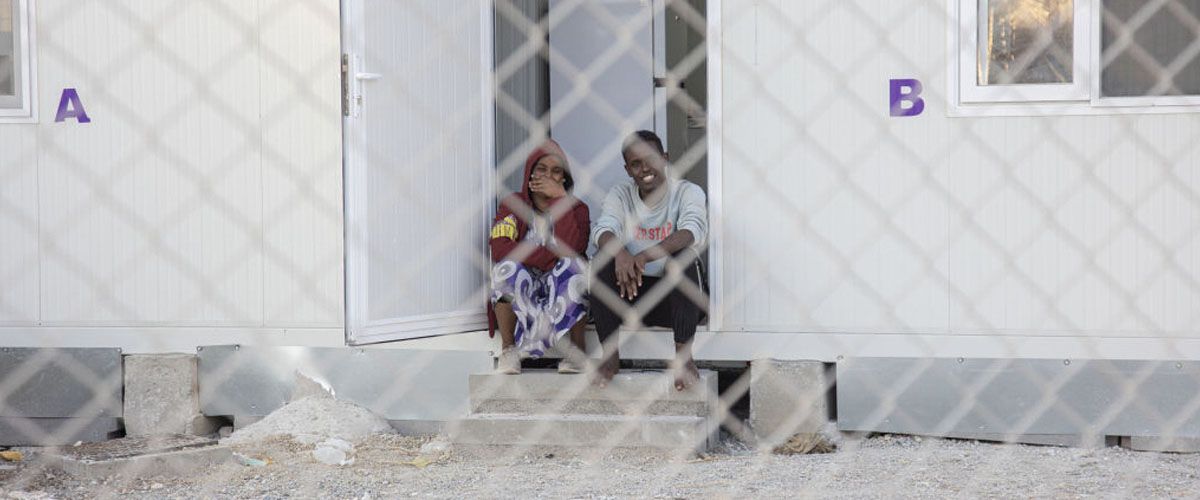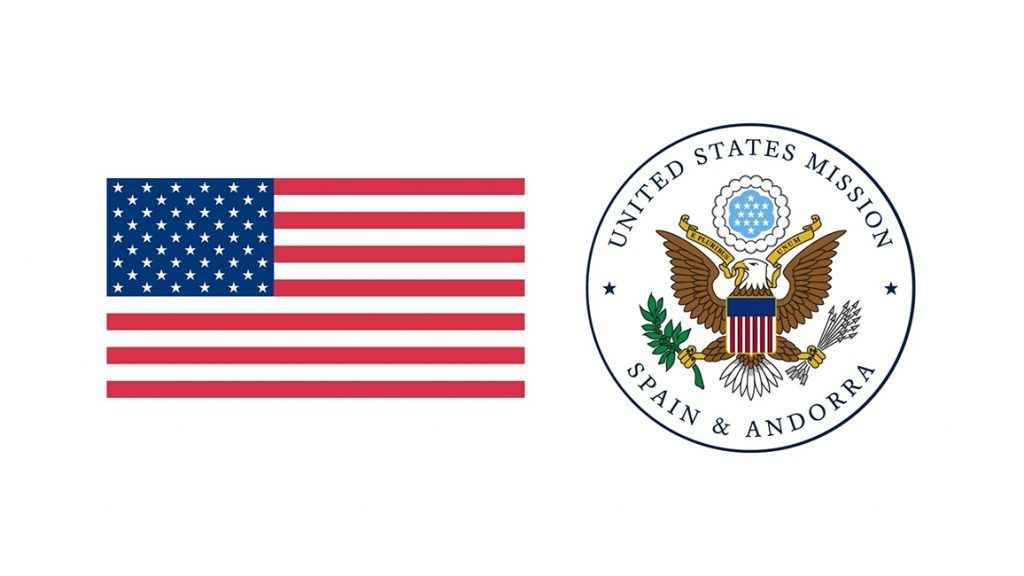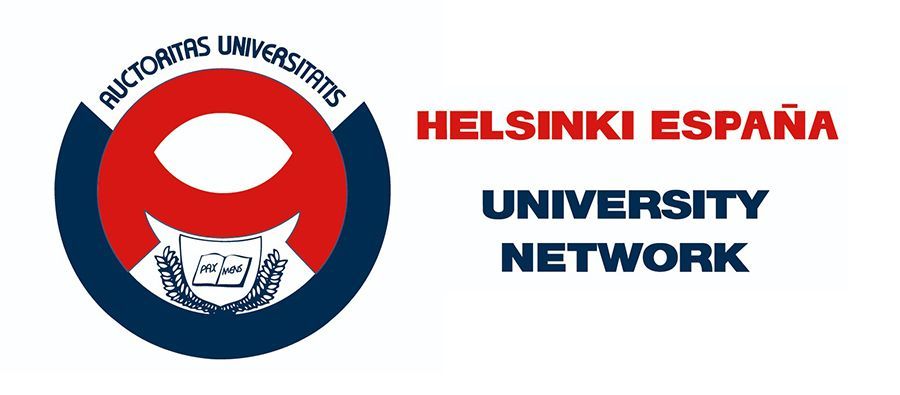Ganadores del concurso (2023)

Blanca Bouzas Ortega
Universidad de Salamanca
Estudios Globales
ENFOQUES SOBRE EL DESPLAZAMIENTO MIGRATORIO DENTRO DE LAS FRONTERAS DE LA OTAN
How nationality is intertwined with security threat perception
Any situation of migration and border management is usually justified by political visions that account for the values and beliefs of the chosen position. Migrations are acceptable depending on whether they are considered normal or risky. Hand in hand with this idea, comes the relationship between distance and difference. Closer geographical background and personal traits, make open policies more likely to be adopted.
In Europe, migrants from EU countries are more plausible to be welcomed than those that belong to the Global South. In terms of policies, the EU established the “European Neighbourhood Policy” (ENP), that aims to increment the EU internal security and the framing of what it means to be European (Crane, 2020). Nevertheless, this is a bit contradicting, because despite agreements in place, migration continues to be criminalized. First of all, irregular immigration is regarded as a threat of security. Secondly, there is an underestimation of exploitative internal behaviour. And thirdly, cooperation is conditional on the externalization of borders (Mulas, 2021). In other words, leave them out of the country but, make sure they receive an adequate treatment.
This does not solve the problem, as what is actually needed, is either an allocation of resources to help them in their home countries, or a generalized approach among the NATO countries. In practice, there is no such central approach to manage migration, because it is all tied to the notion of identity: “who are we?” and “do they belong here?”, and each country has a different perception. For some countries it may feel right to accept refugees fleeing a war conflict within EU borders (ie: russo-ukrainian conflict). Nevertheless, they do not feel the urge when they are coming from the MENA region. The latter scenario is justified by linking migrants from Sub-Saharan Africa and the Middle East with terrorism, thus representing a threat for national security.
Sub-Saharan Africa and Middle East context
Taking the Arab Spring as the point of departure, what started as a serious of anti governmnet protests, upraising and rebellions; lead to regime change in countries such as Tunisia and Egypt; and repression in Lybia. The rebellions took place in the name of dignity, meaning trying to advocate for change in the name of human rights. The catalyst was a concern for human respect, rather than political or economical motives. However, it did not turn out to be so rewarding, as the uprisings lead to the return of military forces and the appearence of more conservative parties. In the economic realm, a number of countries were dependent on the export of primary materials such as oil. From a political point of view, the uprisings created civil wars in countries such as Syria and Yemen, including situations of violence against civilians.
These cocktail of kahos and challenges created high waves of irregular migration, since people were moving for asylum and looking for opportunities. On the other side, countries that were to receive them, were concerned with designing their own migration policies. The need for regularization of inmigrants continues to be high, and it concerns the award of a legal status to an irregular inmigrant. The result of granting the permit to these people, is an overall sense of well-being and a fuller level of social membership.
Nonetheless, it must be taken into account, that factors to grant such permit usually differ. In Italy and Spain, it is usually a case of labor migration, whereas in Germany, Netherlands and Sweden; it takes place in humanitarian grounds and asylum seekers. (Dennison, 2022). Moreover, not every national has the same priority in terms country of destiny, but many of the irregular migrants choose Europe as their destination: “Maghreb—Algeria, Libya, Morocco, and especially Tunisia—are the most likely to want to migrate to Europe and some of the least likely to list Gulf countries.” (Kraler, 2018).
Final remarks
All in all, it is clear that having good democratic standards, an operating rule of law, freedom, and peace and stability is attractive to every individual. With better conditions also comes greater responsibility to aid others who are not so privileged. Thus, EU countries, and nations that are part of the NATO alliance, should try their best to achieve a homogenized approach to manage migration better. This would mean prioritizing human rights above all, despite geographical, political or religious differences.





